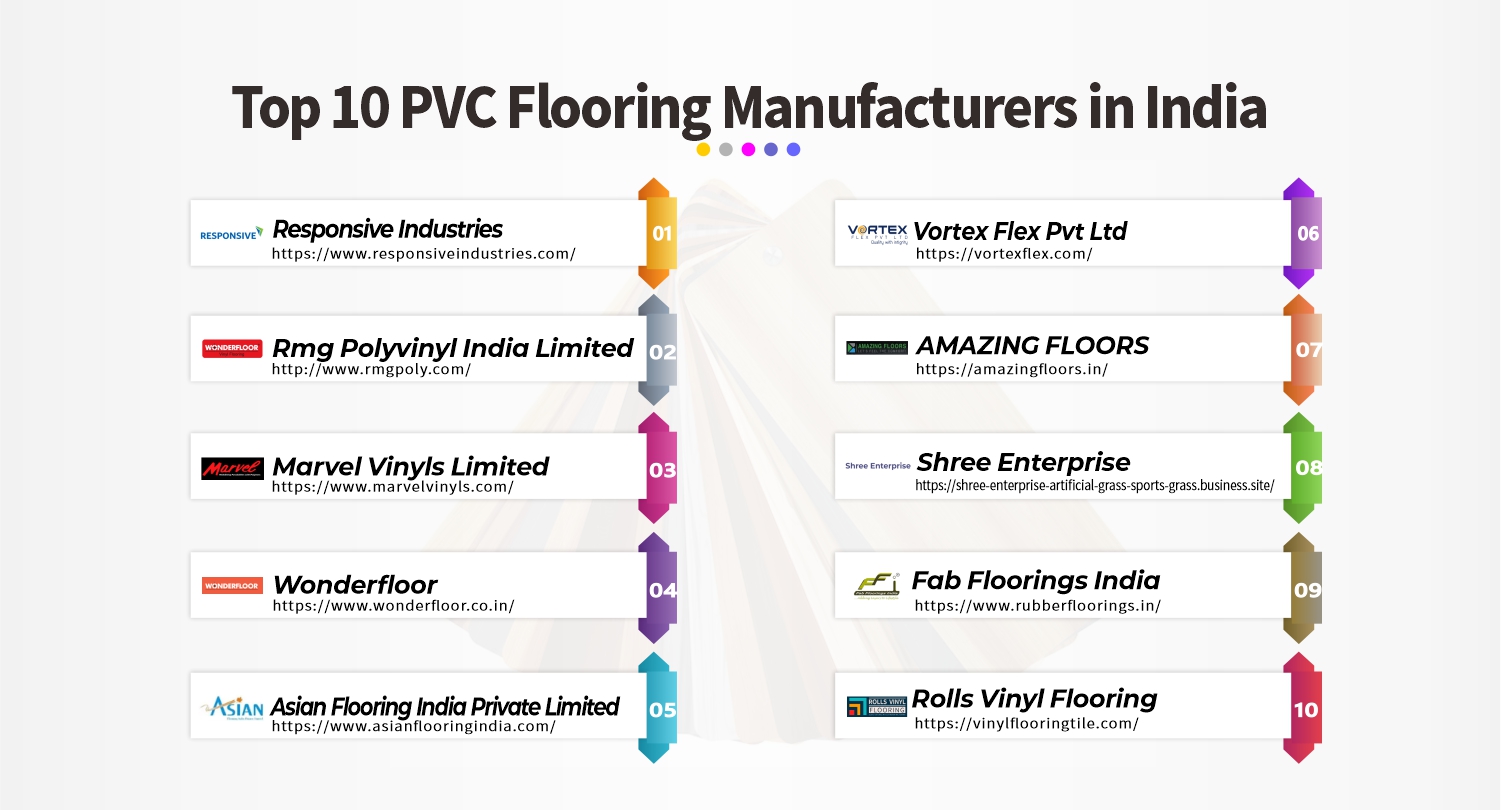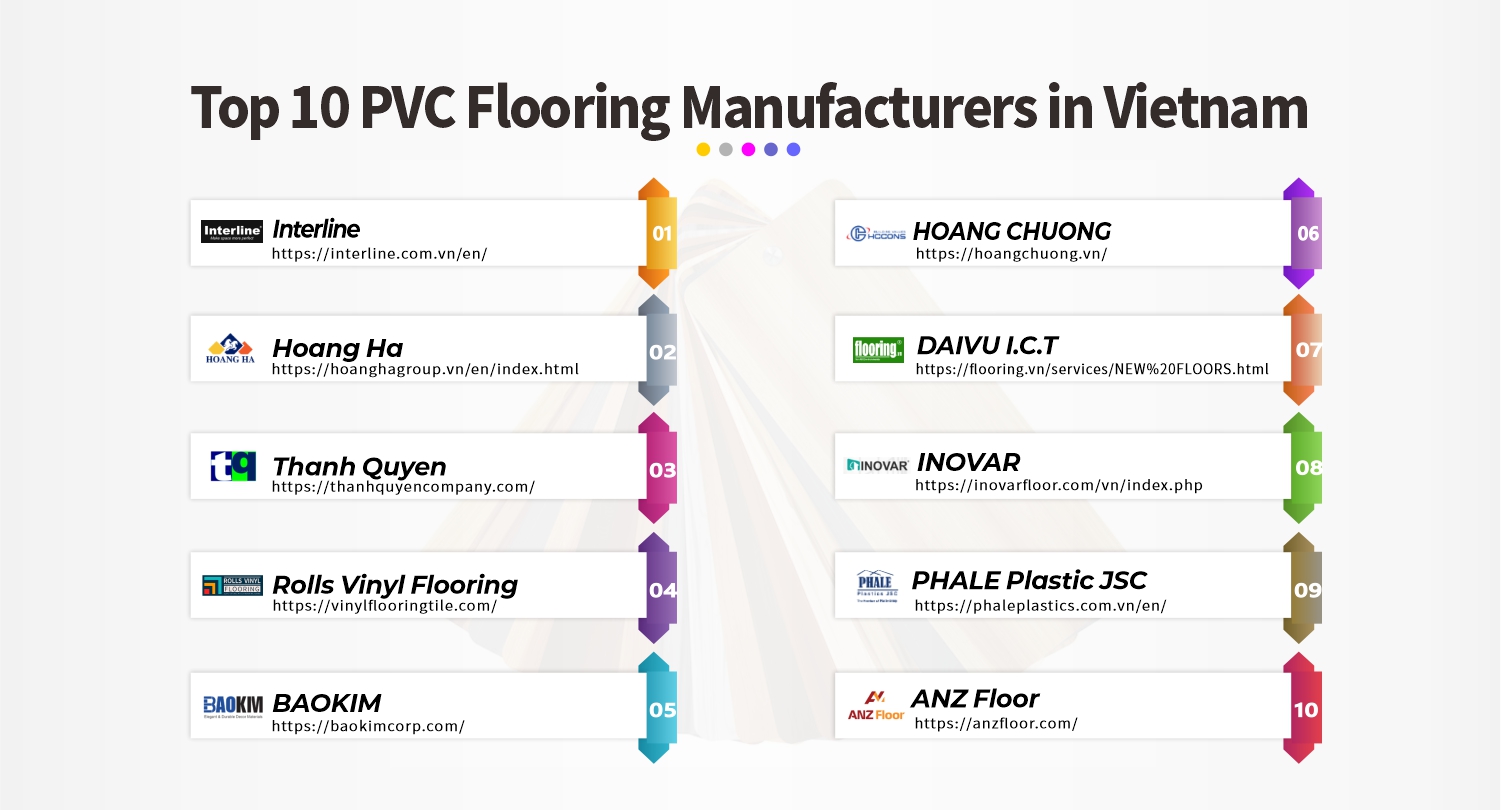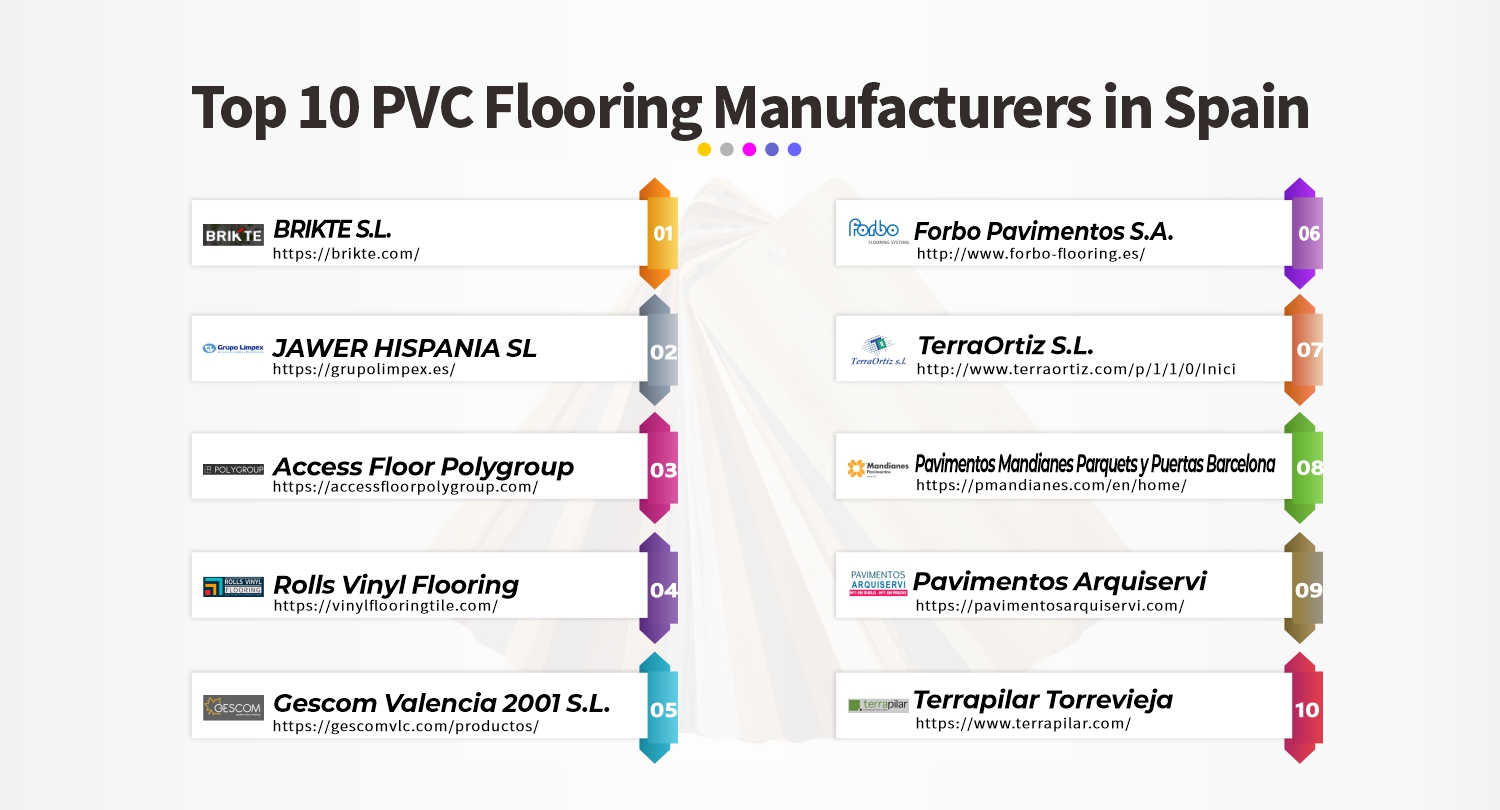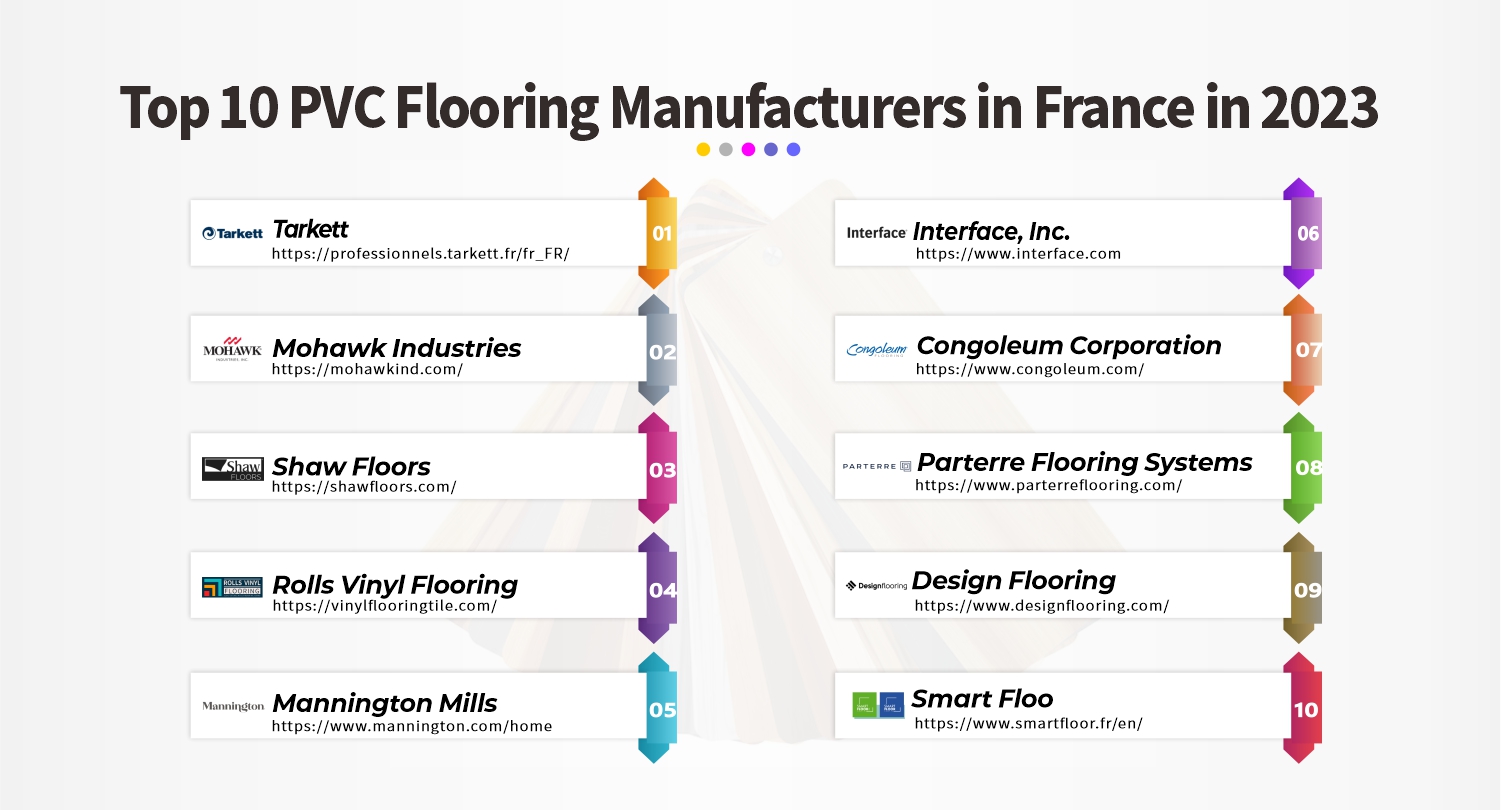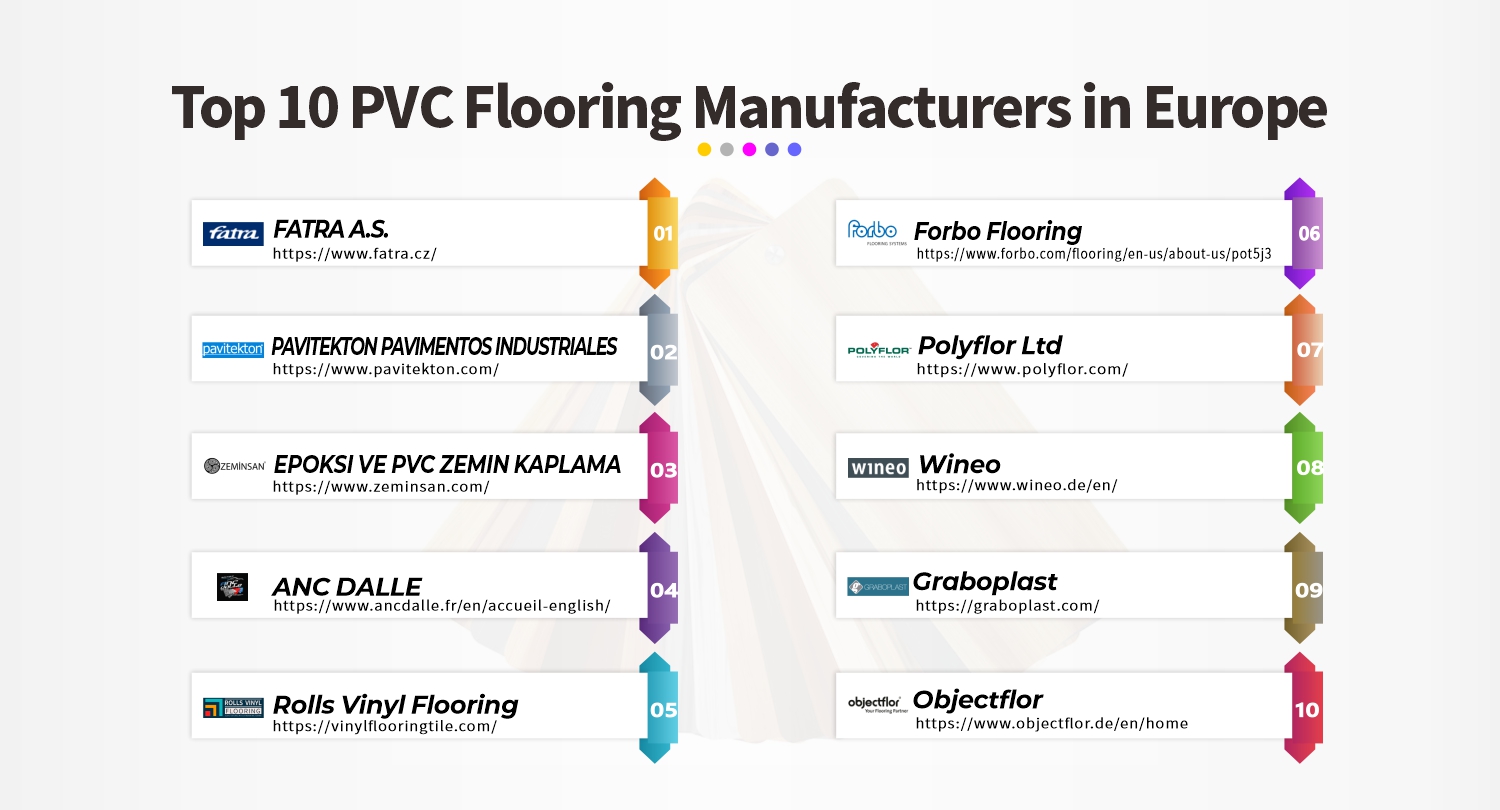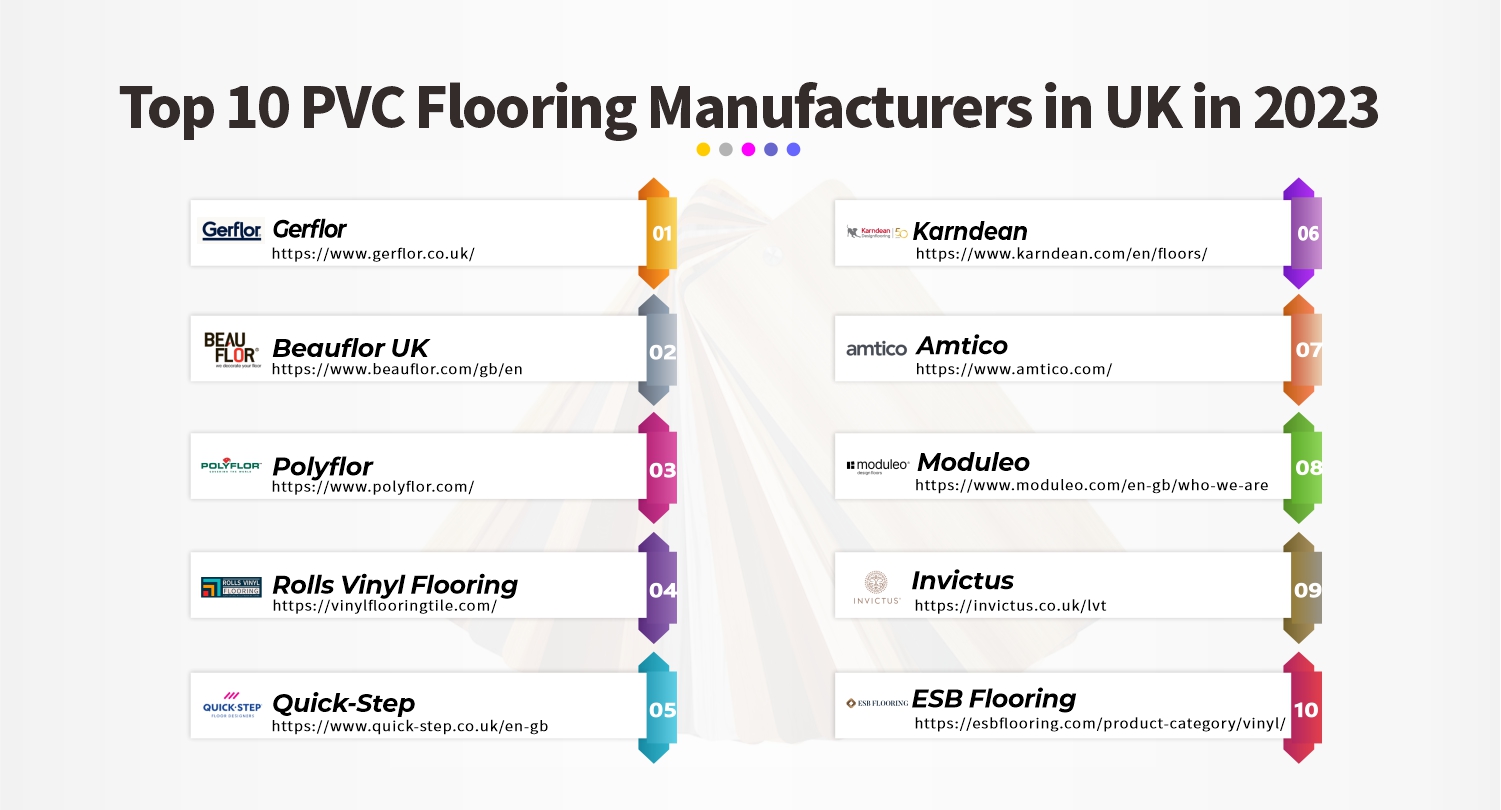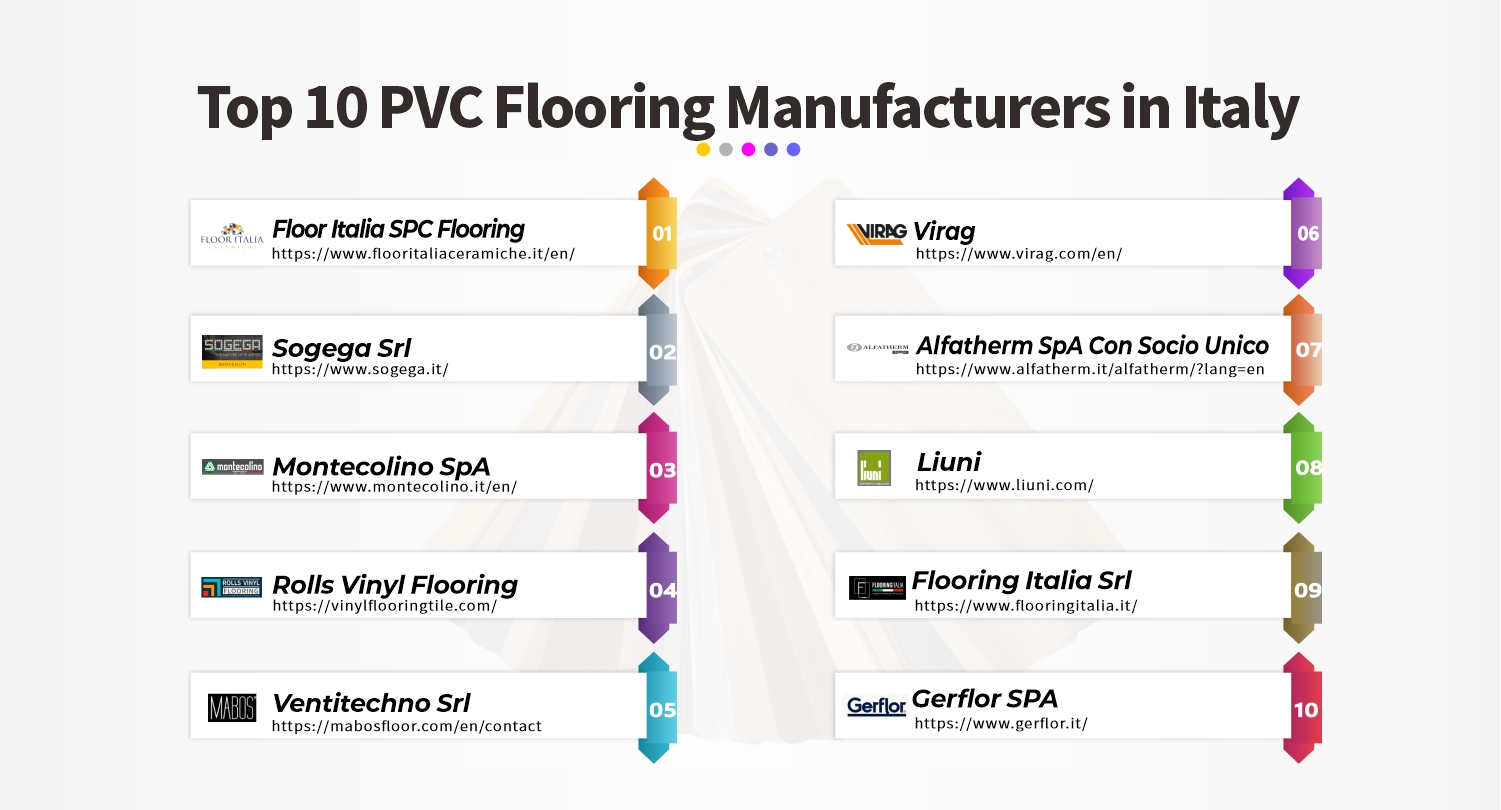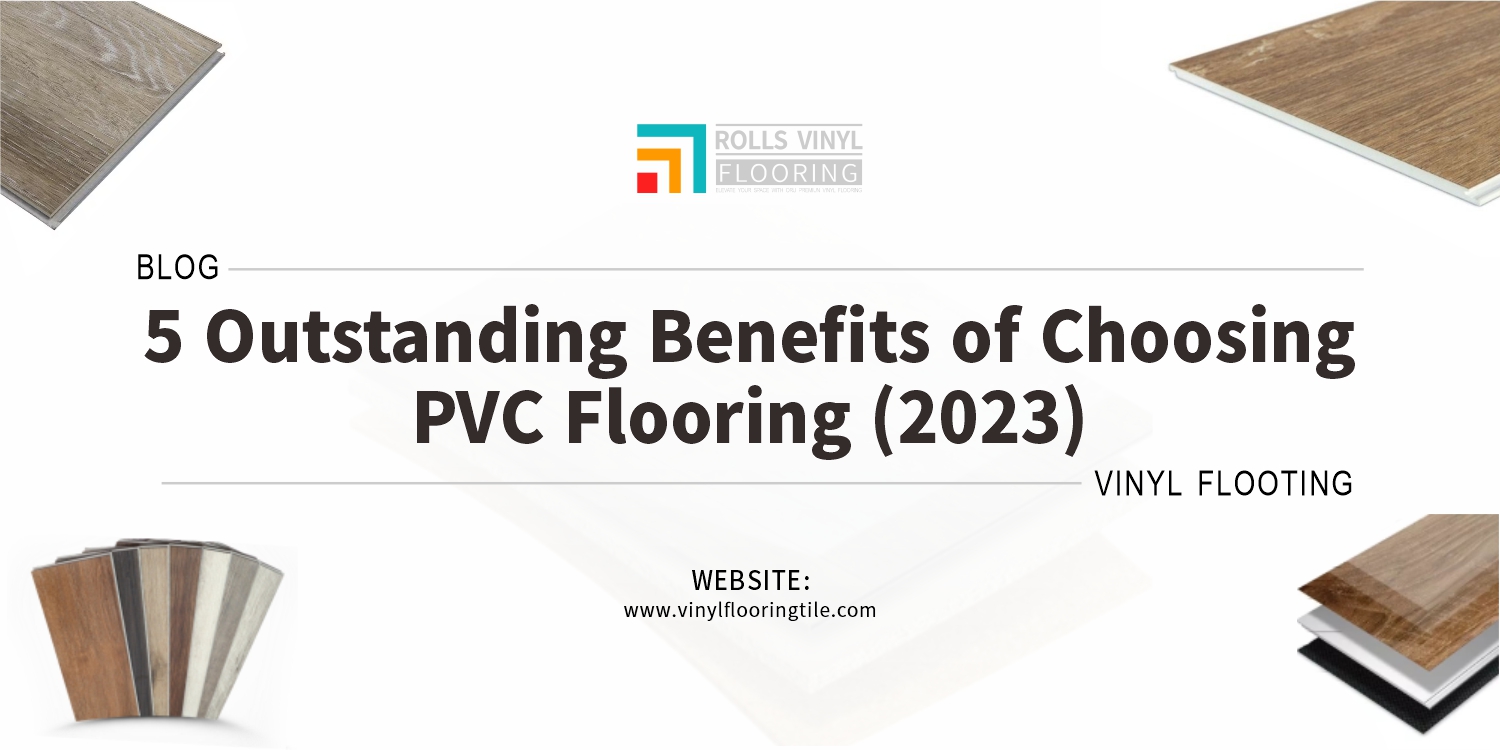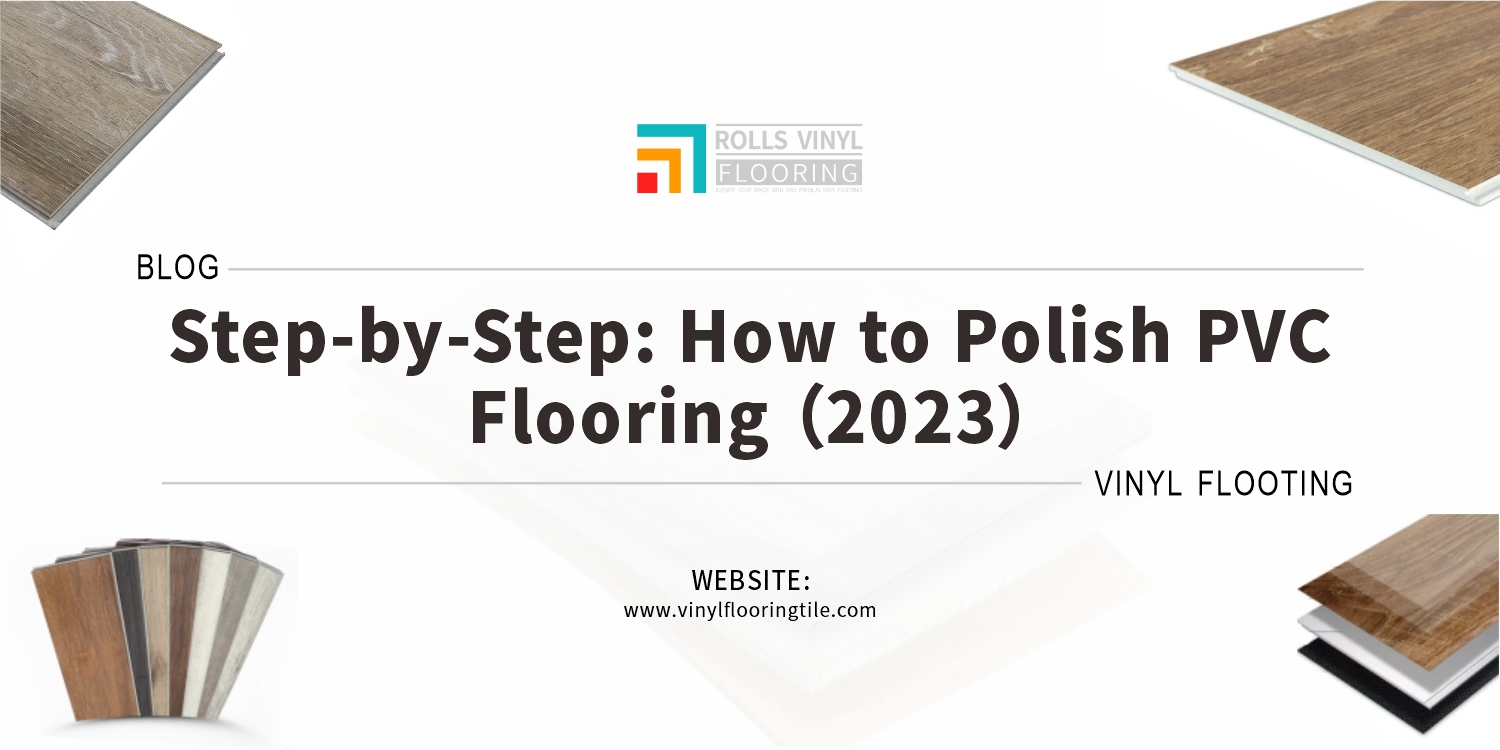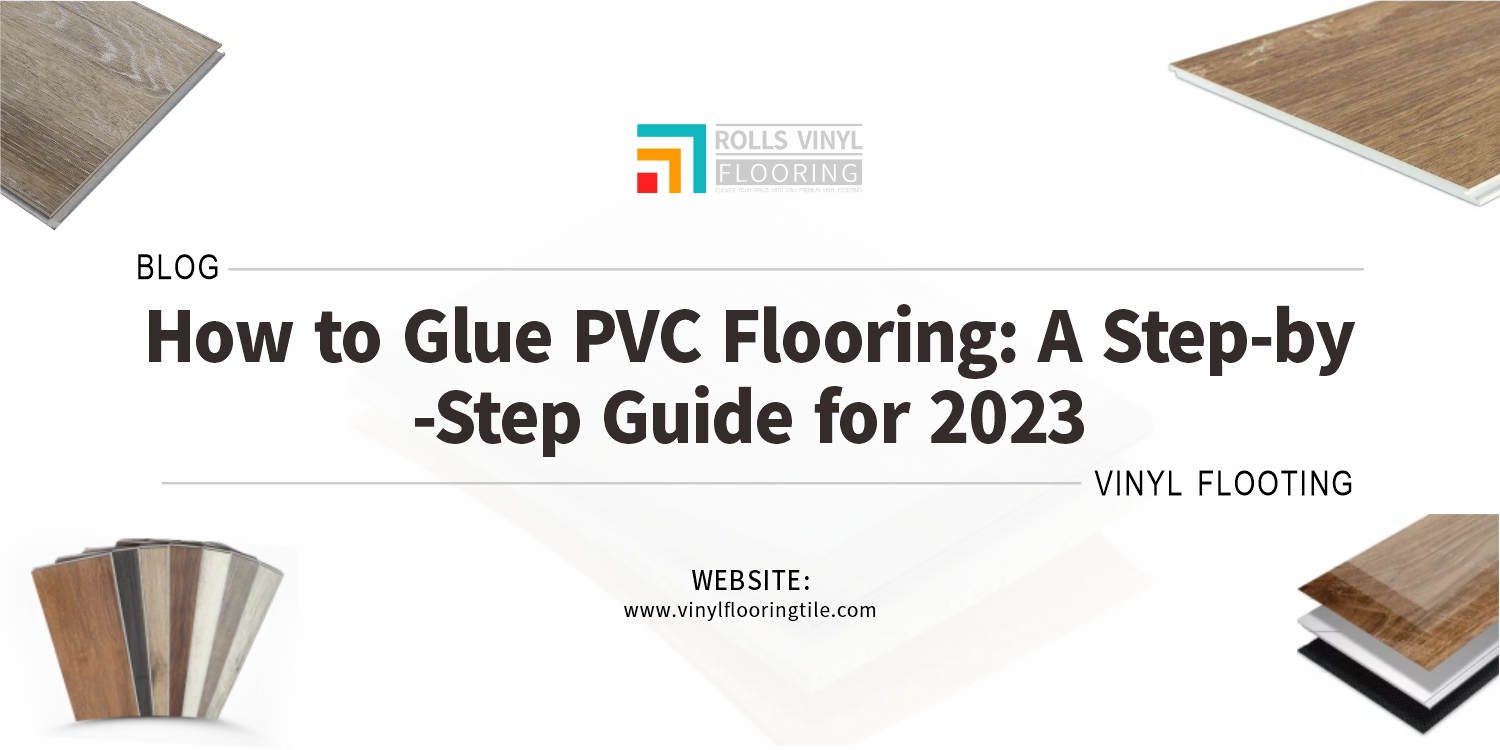Vinyl sheet flooring is a popular alternative for flooring due to its affordability, durability, and ease of maintenance. It does have benefits and drawbacks, just like any flooring material. In this piece, we’ll take a closer look at the benefits and drawbacks of vinyl sheet flooring to help you decide if it’s the right option for your house. In order to discover more about vinyl sheet flooring, let’s get started.

| Pros | Cons |
|---|---|
Cost-effectiveness: Vinyl sheet flooring is a terrific alternative for people on a tight budget because it is one of the more economical flooring options. | Not environmentally friendly: Synthetic materials are used to make vinyl sheet flooring, which is not biodegradable and can harm the environment. |
Durability: Vinyl sheet flooring is resistant to wear and tear and can withstand heavy foot traffic as well as spills. | Prone to scratches: While vinyl sheet flooring is durable, it can still be scratched by sharp objects like furniture legs or pet claws. |
Little maintenance: Vinyl sheet flooring requires little maintenance, making it a wonderful choice for families with active kids. It merely needs occasional mopping and regular sweeping to stay presentable. | Not as long-lasting as other flooring options: While vinyl sheet flooring is durable, it may not last as long as other flooring materials like hardwood or tile. |
Long-term standing comfort: Vinyl sheet flooring is softer and more flexible than other types of hard flooring. | Difficult to repair: If a section of vinyl sheet flooring becomes damaged, it can be challenging to repair, and in most cases, the entire floor will need to be replaced. |
Variety of styles: Vinyl sheet flooring is available in a wide range of colors, designs, and patterns, giving homeowners a ton of options. | Vinyl sheet flooring has a lower resale value than flooring made of hardwood, tile, or real stone, which could reduce the overall worth of your house. |
Vinyl sheet flooring’s suitability for your home will depend on your financial condition, way of life, and personal preferences. Decide on vinyl sheet flooring for your forthcoming flooring project only after thoroughly weighing its advantages and disadvantages.
What is Vinyl Sheet Flooring?
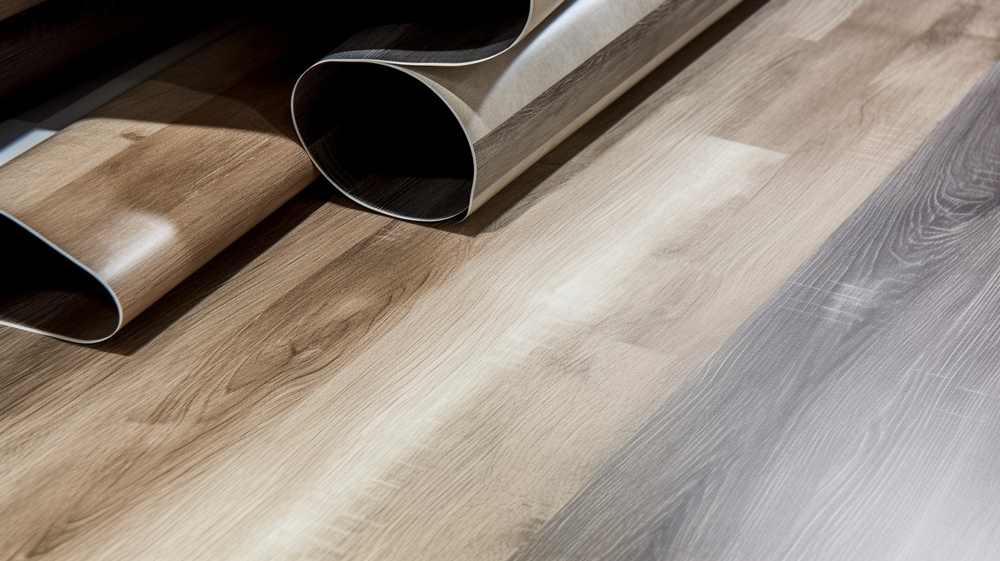
A type of synthetic flooring called vinyl sheet flooring is constructed from layers of PVC or polyvinyl chloride. It comes in enormous rolls that may be trimmed to fit the size of a room and are normally 6 to 12 feet wide. You can choose from a wide variety of vinyl sheet flooring colors, patterns, and imitations of materials like stone and wood. It has a solid reputation for affordability, toughness, and low maintenance requirements, making it a popular choice for homeowners, especially those on a tight budget. Vinyl sheet flooring is not only beautiful but also easy to install and water-resistant.
What is SPC flooring?
SPC flooring, or stone plastic composite flooring, is another name for rigid core vinyl flooring. Limestone, PVC, and stabilizers are compressed under high pressure to form a core that is dense, durable, and watertight. On top of this core is then a printed vinyl layer that can mimic the appearance of organic materials like wood, stone, or tile. SPC flooring is renowned for its exceptional durability, endurance, and ease of installation. It’s also a recommended alternative for commercial and high-traffic locations due to its resistance to dents, scratches, and general wear and tear. SPC flooring might be a fantastic solution for homeowners who love the look and feel of natural materials without the higher cost or upkeep requirements.
What are the advantages of Vinyl Sheet Flooring?
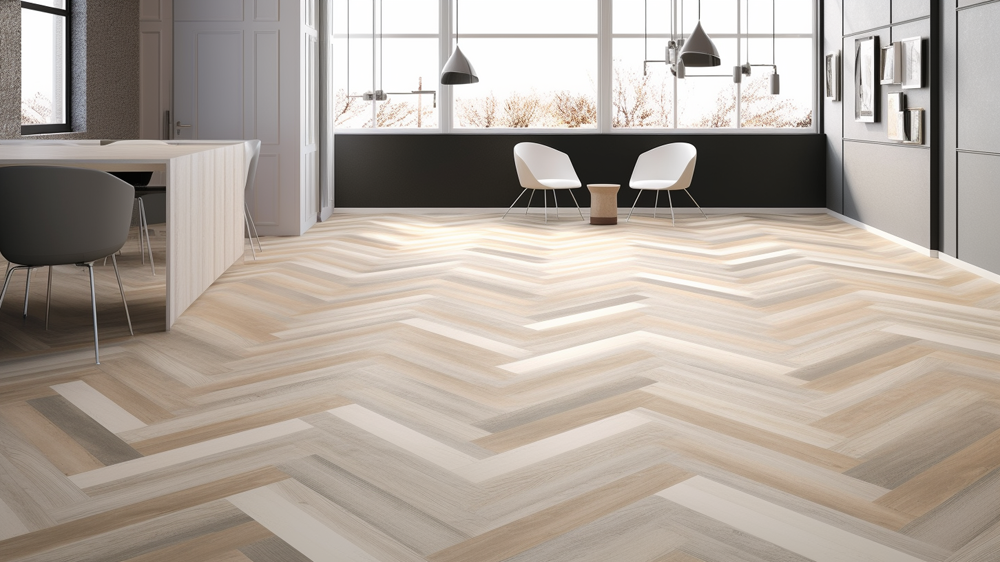
- Water Resistance: Because of its PVC composition, vinyl sheet flooring is naturally water-resistant, making it a fantastic option for high-moisture areas like kitchens, bathrooms, and laundry rooms. Spills and stains can be removed from the surface quite simply, making it a low-maintenance option for households.
- Durability: Vinyl sheet flooring is resistant to wear and tear and can withstand heavy foot activity, spills, and scratches. As a result, it’s a great choice for households with kids and dogs as well as busy regions.
- Simple Installation: Depending on the level of experience required, homeowners, can install vinyl sheet flooring themselves. Depending on the type of vinyl sheet flooring, the big rolls can be cut to fit the room’s measurements and installed either with glue or using a floating technique.
- Minimal Maintenance: Vinyl sheet flooring needs little upkeep, making it a great option for households with active children. It only requires periodic mopping and routine sweeping to maintain its appearance.
- Variety of Options: There are many different colors, patterns, and designs of vinyl sheet flooring that homeowners can choose from. It can imitate the appearance of organic materials like wood, stone, or tile or it can have striking, eye-catching patterns and colors.
- Low Cost: Vinyl sheet flooring is one of the most economical flooring solutions, making it a wonderful option for anyone on a tight budget. It is less expensive than other flooring options like hardwood, tile, or genuine stone without sacrificing durability or aesthetic.
What are the disadvantages of Vinyl Sheet Flooring?
- Difficult to Repair: If a section of vinyl sheet flooring becomes damaged, it can be challenging to repair, and in most cases, the entire floor will need to be replaced. This can be a costly and time-consuming process.
- Subfloors are prone to harm since vinyl sheet flooring is thin and flexible, which means that any problems in the subfloor would be seen on the flooring’s surface. If the subfloor is not correctly set up or if it sustains damage over time, this could be an issue.
- When exposed to powerful chemicals or intense sunshine, vinyl sheet flooring can fade and discolor. If the flooring is put in places with a lot of natural light or if it comes into contact with cleaning supplies that contain chlorine or ammonia, this could be an issue.
- Not environmentally friendly: Synthetic materials used to make vinyl sheet flooring are not biodegradable and might be harmful to the environment. Moreover, hazardous substances are created throughout the manufacturing process and may be released into the environment. Additionally, vinyl sheet flooring has the potential to produce volatile organic compounds (VOCs) into the air, which can be harmful to human health.
It’s worth noting that some of these disadvantages may not be significant concerns for all homeowners. For example, if the flooring is installed in an area with minimal natural light, discoloration may not be an issue. Similarly, if the flooring is properly installed on a well-prepared subfloor, damage to the subfloor may not occur. However, it’s important to be aware of these potential drawbacks when considering vinyl sheet flooring as an option for your home.
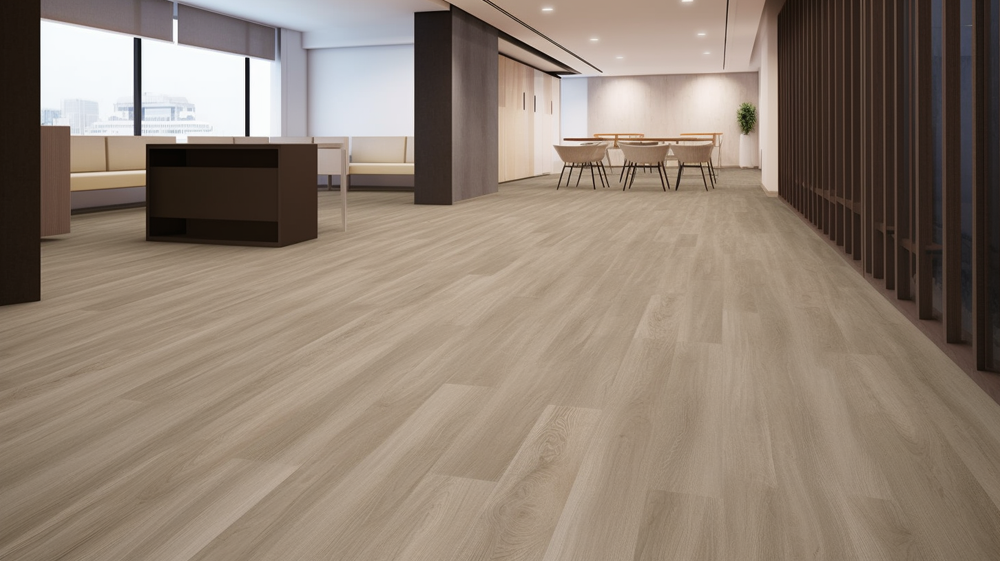
As a result of its low maintenance requirements, affordability, durability, and water resistance, vinyl sheet flooring is a popular choice for flooring. For homeowners looking for a low-cost, simple-to-install flooring alternative that can handle heavy foot traffic and spills without displaying signs of wear and tear, this is a great option. Yet, vinyl sheet flooring has disadvantages just like any other type of flooring material. Consider these advantages and disadvantages carefully before deciding on vinyl sheet flooring for your home.


